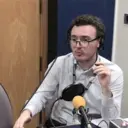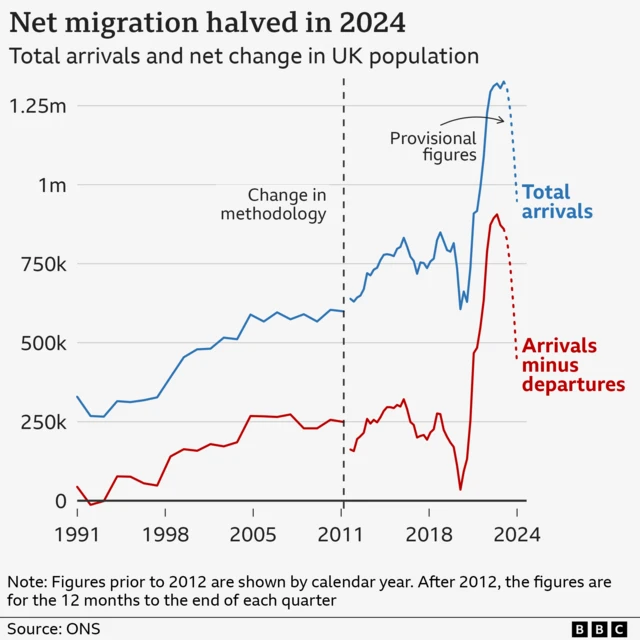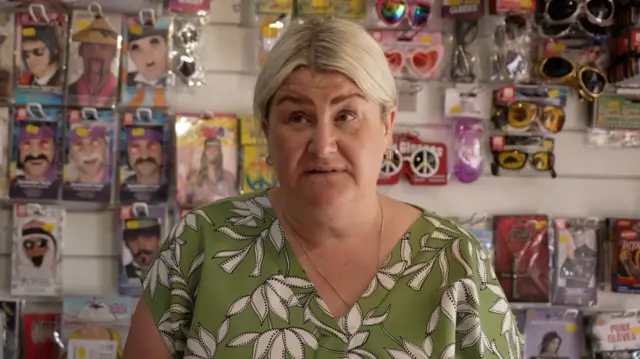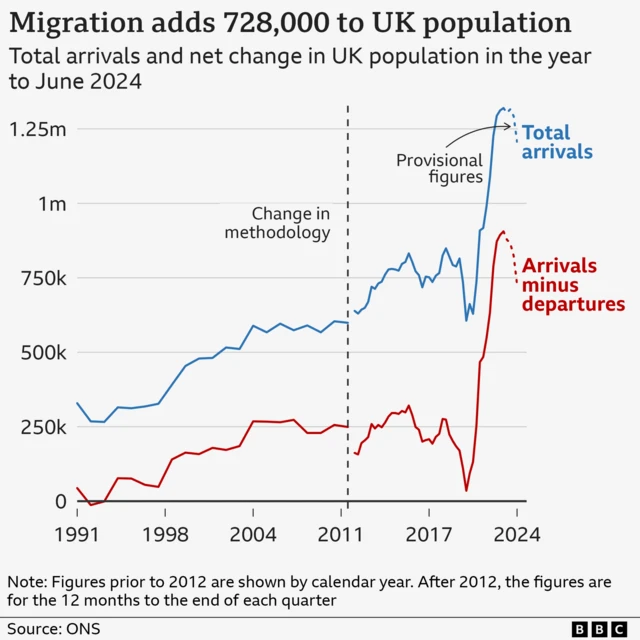Many of the factors behind today's fall were introduced by the Conservativespublished at 09:53 BST 22 May
 Jack Fenwick
Jack Fenwick
Political correspondent
This significant drop in net migration is a rare bit of good news for both Labour and the Conservatives.
Labour pledged to bring down levels of immigration during last year’s general election campaign.
They will inevitably point to these statistics as evidence that they are delivering on that pledge.
But many of the mechanisms that have led to this drop were introduced by the last Conservative government – and they will claim credit for today’s announcement too.
When Rishi Sunak was prime minister and James Cleverly was home secretary, they increased salary thresholds for people wanting to work in the UK – and they made it more difficult for people to bring dependants with them.
The result of those measures are evident in today’s statistics.
There’s been an 86% reduction in the number of study dependants and a 35% reduction in the number of work dependants.
We know that this Labour government wants to bring down net migration by ending care worker visas, increasing English language requirements and raising the threshold at which someone can come to the UK on a skilled work visa.
I expect we’ll be getting comments from both parties very soon claiming victory for their own respective plans.











